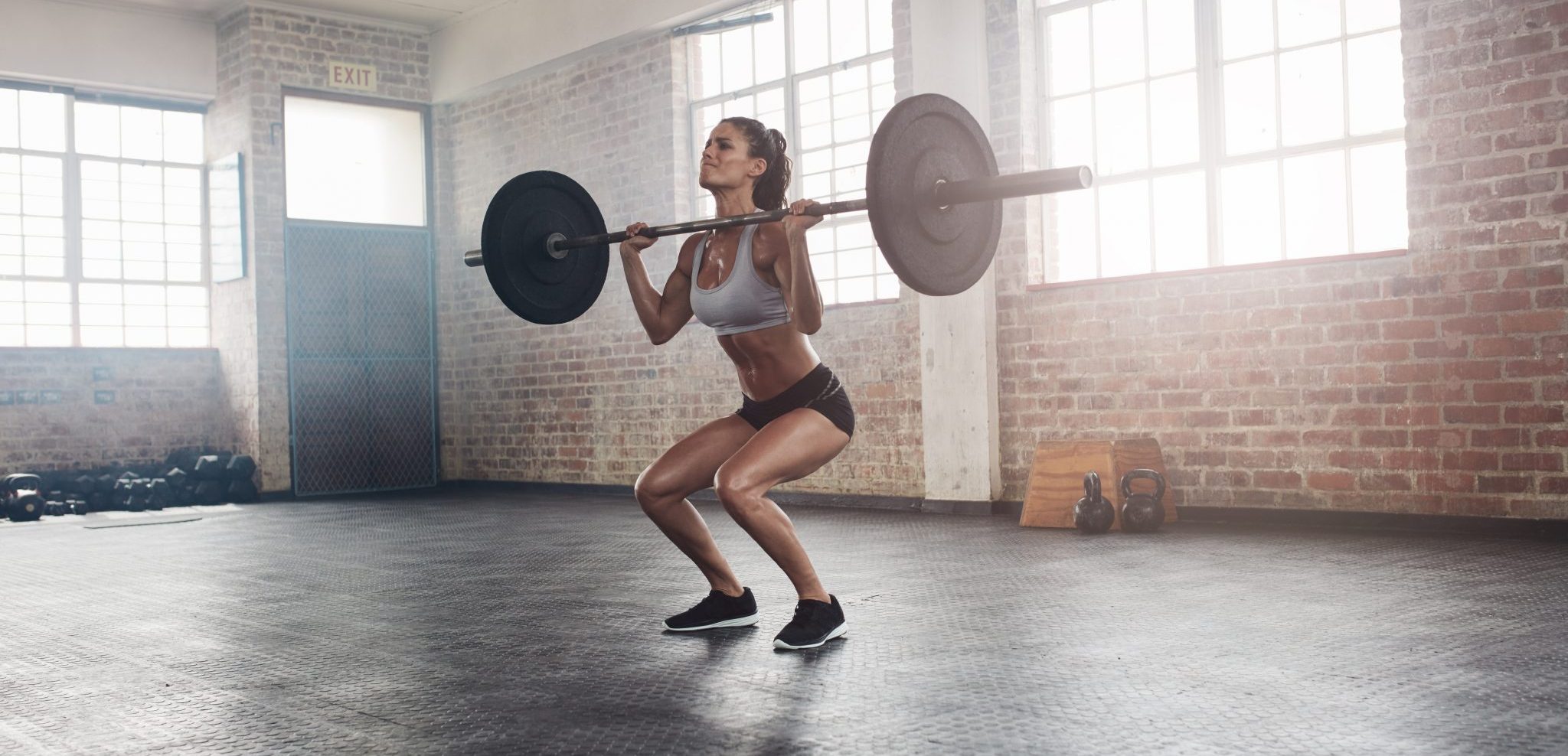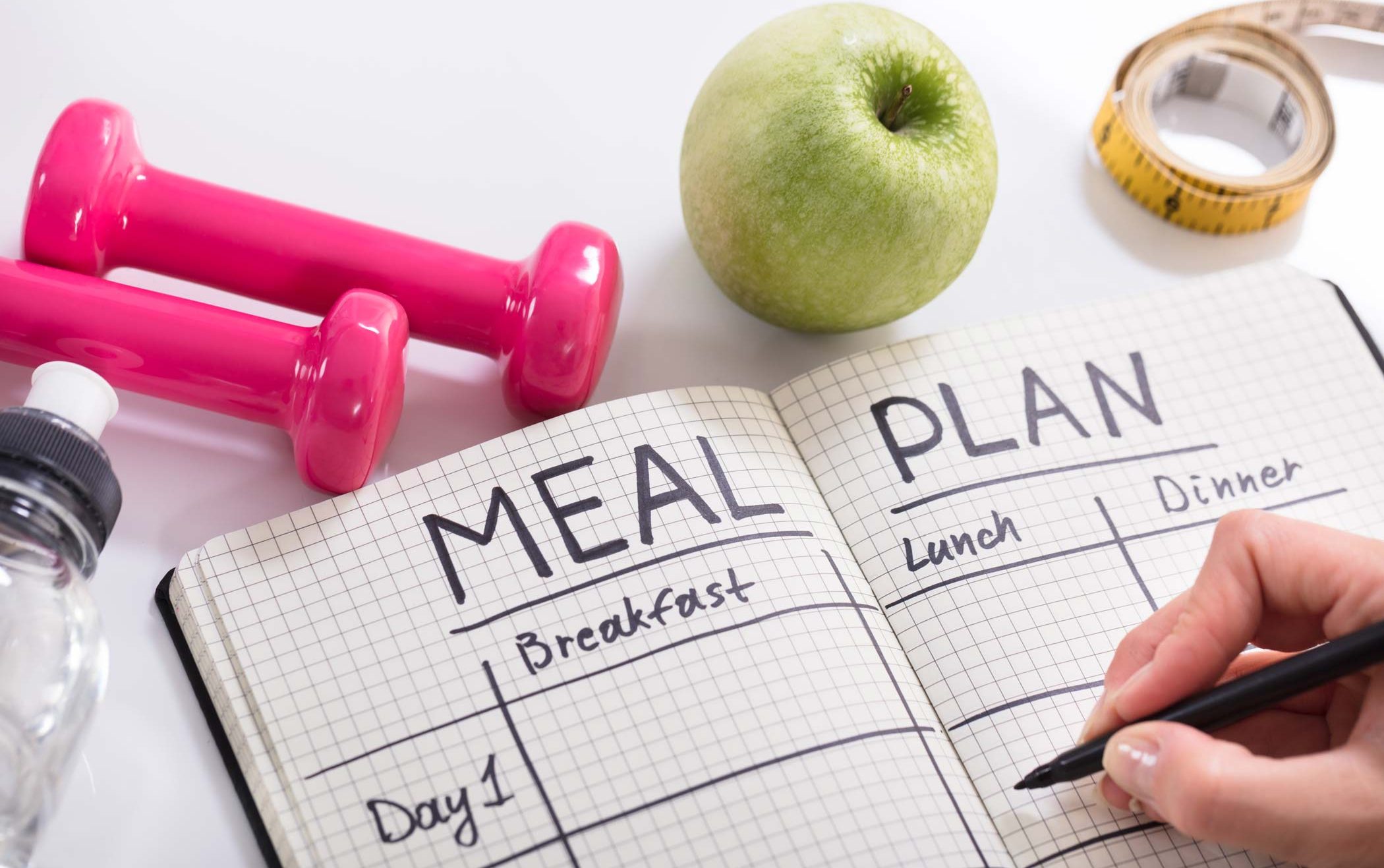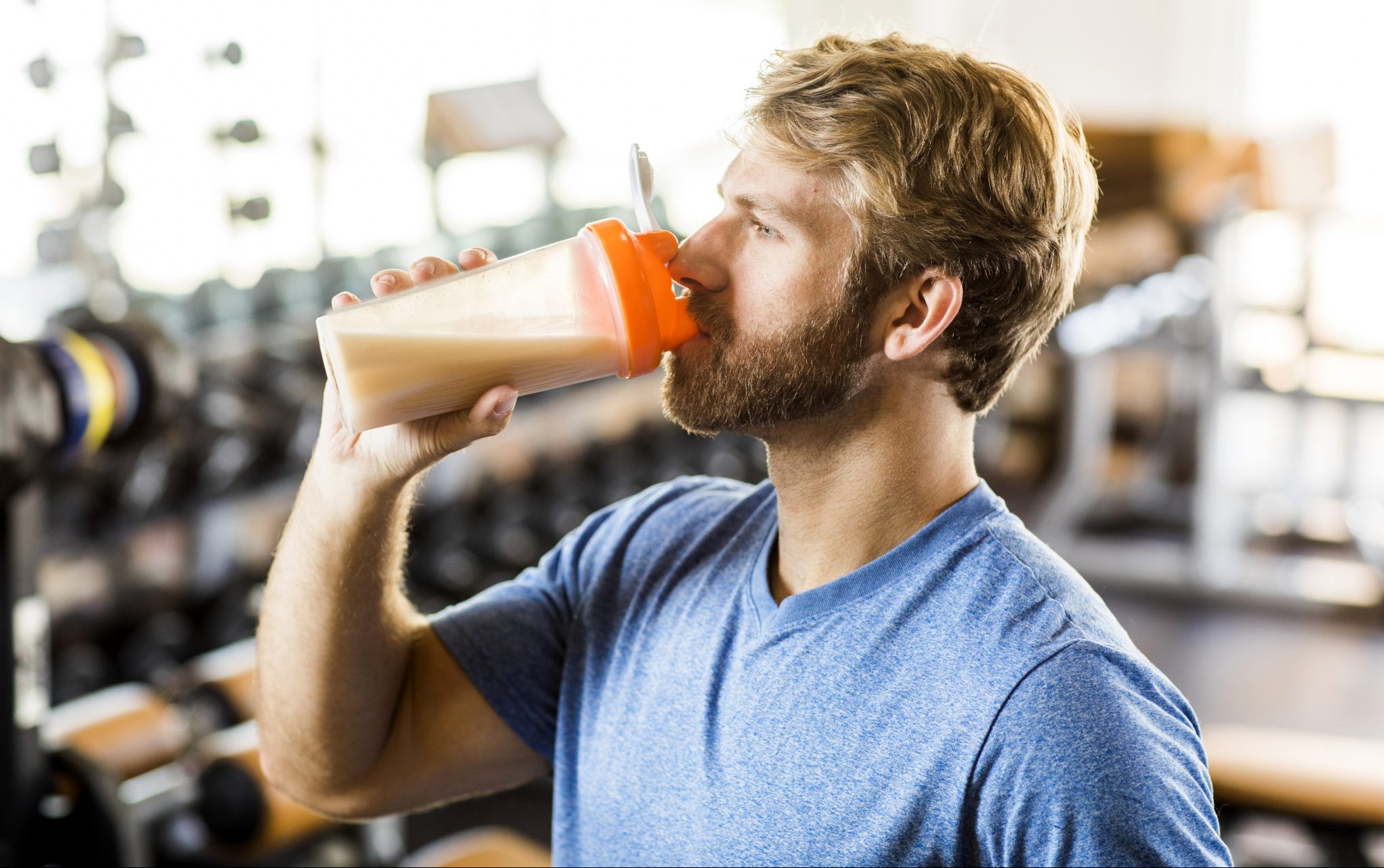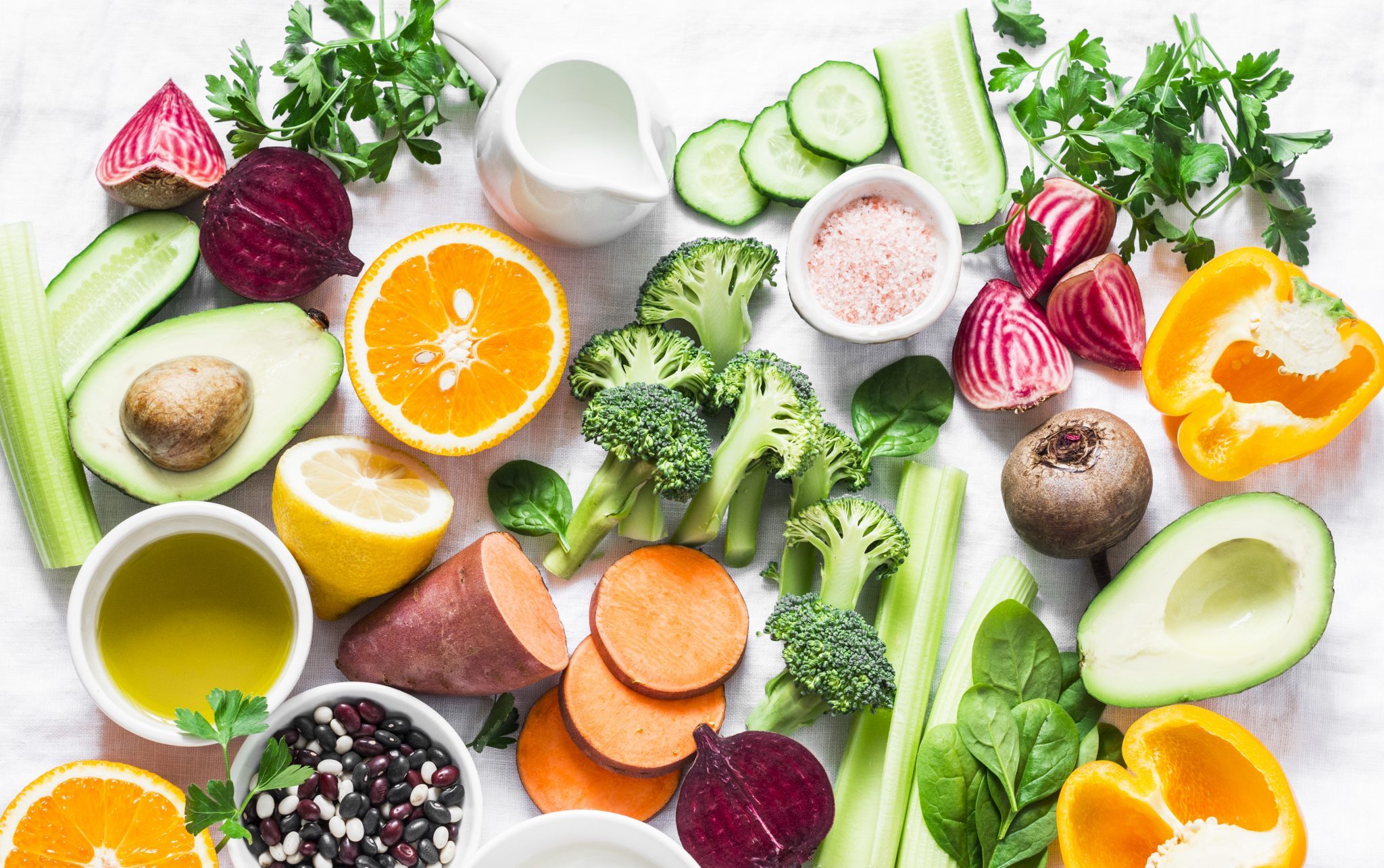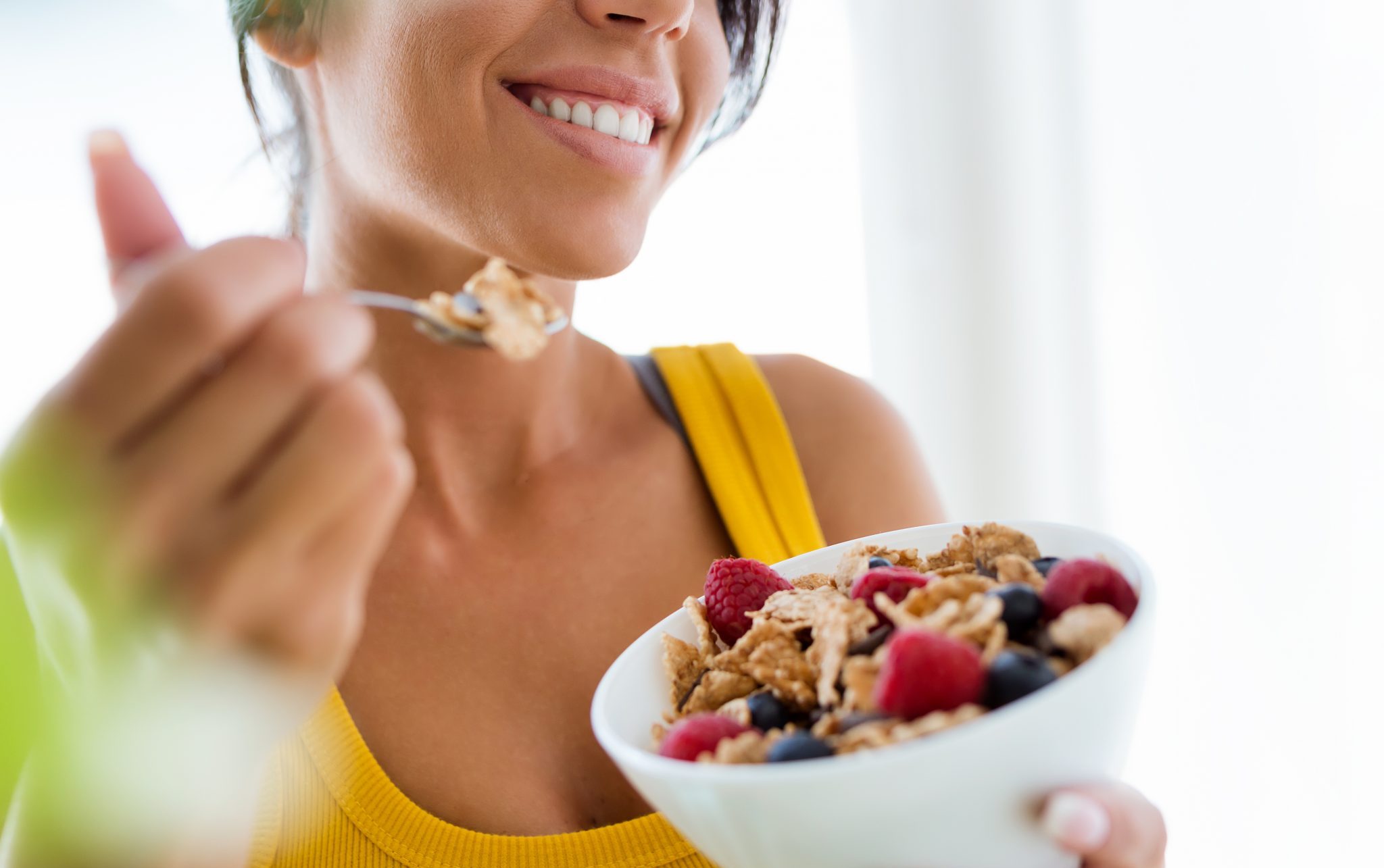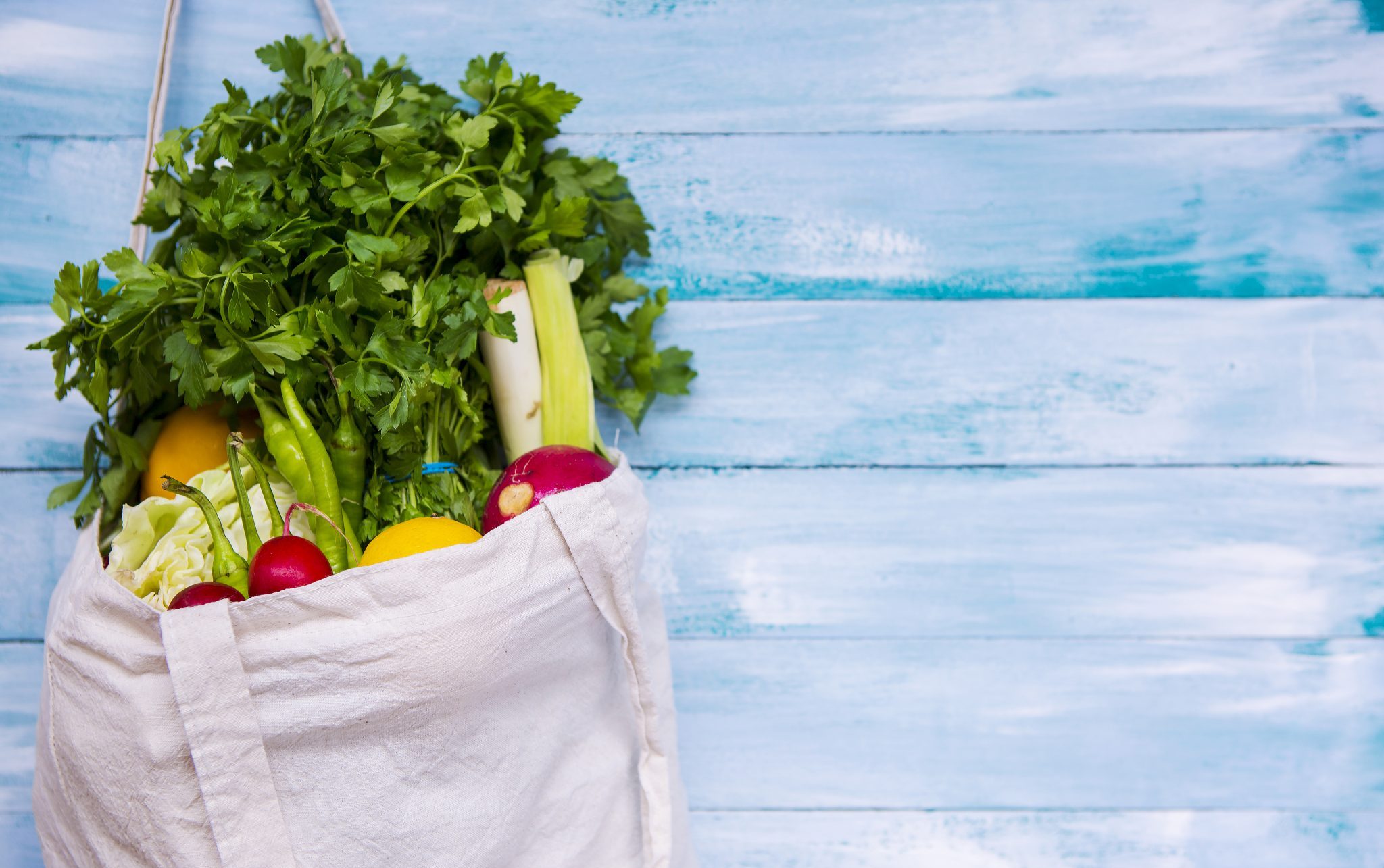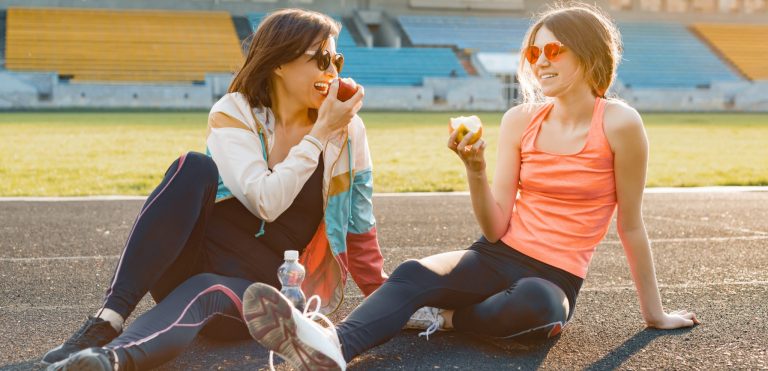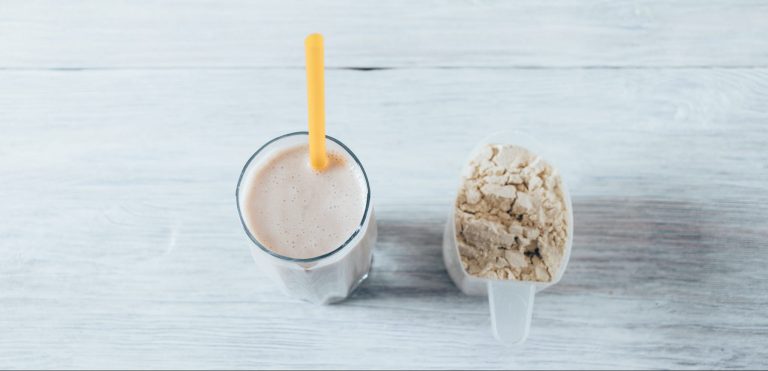Whether we want it or not, our minds are these vast storage rooms that lodge cringe-worthy stereotypes. We accumulate them throughout our lives without even realizing it. Picture a vegan and a bodybuilder, for example. Could they be any more different? Or can it be one and the same person? Can it be you? And if so, what does vegan bodybuilding food look like?
Bodybuilding is one of the most laborious sports out there. You spend crazy amounts of time exercising, shedding off even the slightest signs of fat and pumping the muscles to make them strong and large. You turn your body into something close to a work of art and the least you want to do is to let it all go with an incorrect diet, animal-based or not.
So if you don't want to sacrifice neither your love for animals and the environment nor your passion for shaping up your physique, you may find yourself wondering: what do vegan bodybuilders eat?
Here's a set of main guidelines for you to craft your very own vegan bodybuilding meals and lifestyle.
1. Monitor your diet with a journal or an app
I've decided to open the guidelines section with this particular point, because it's a real eye-opener. I'm not a bodybuilder myself, only a long-time vegan who exercises regularly. One day I've decided to take a look at how my everyday calorie intake and my macronutrient distribution look like. To my surprise, I wasn't getting enough protein whereas fat adds up way too fast and easily.
You can use a paper-and-pen kind of journal to examine your existing diet. However, with so many great (and free) apps out there that calculate everything for you I think it's only wise to choose one of them. Do this for at least a week and see where you're lagging right now.
It's highly recommended, though, to keep a track of your diet and your weight throughout your journey towards your dream body. The good thing is that these kind of apps will help you memorize and recognize how much calories and what kind of macronutrients, vitamins, and minerals certain foods contain without constantly checking everything. It will get so much easier with time.
2. Take protein supplements
Protein is crucial for building up muscles and it can be tricky to get enough of them on a plant-based diet. There's plenty of protein in plants, don't get me wrong. But if you want to build large muscles, you'll soon find yourself chewing on dark leafy greens, nuts, and tofu all the freaking time. That's not very sustainable. And here's where vegan protein supplements come in.
These days you can find a mind-boggling variety of protein powders. Go with the vegan, non-GMO, organic, gluten-free, and non-allergenic options. Many of them will be simply protein from seeds, dark leafy greens, and legumes in a concentrated powder form.
You can mix it in your smoothies or sprinkle over a stew, soup, or salad throughout the day. Honestly, life is just so much easier with protein supplements.
3. Pay attention to common nutritional deficiencies
Before diving into bodybuilding, it's a very responsible move to check where you're standing at the moment nutrition-wise. Go and have a full blood exam, paying special attention to these most common vegan deficiencies:
- Vitamin B12
- Vitamin D
- Omega-3 Fatty Acids
- Iron
- Calcium
- Zinc
- Iodine
If everything is fine and there's no deficit of these in your system, then just have these in mind when thinking about your daily meals. The best thing you can do is to vary your foods as much as possible. For example, if nuts are your go-to snack (well, they should be), consume a different kind of them each day.
You may want to take some supplements here too from time to time. Vitamin D, for instance, is especially hard to get in certain climates or during winter.
Low calorie and low protein intake are also common problems in a plant-based diet. Keep track of these everyday and you'll be fine.
4. Eat before and after your workouts
A vegan bodybuilding diet often means eating multiple times a day, including main meals and snacks. This is especially important to remember when planning out your training sessions. The things you eat directly before and after your workouts will be the things that your body uses for fuel and for recovery. The snacks you choose here can make a big difference.
For a pre-workout snack choose complex but light carbohydrates. If you eat immediately before hitting the gym, choose fruits such as bananas, apples, and dates. If you have at least an hour, go for heavier snacks such as oats and nuts. To avoid feeling sluggish and weighted-down, don't take foods high in fat.
Eat within an hour after your workout session. Better yet, plan a proper snack to consume 15-30 minutes after you're done with the gym. Focus on protein and healthy carbs with ratio 1:4 to help your muscles to recover and to prevent fatigue and soreness. Go for veggies with hummus, beans, wild rice, nuts, seeds, broccoli salad, and tofu.
5. Don't just be a vegan – be a healthy vegan
Just in case it's still not clear – being a vegan doesn't automatically mean that you're eating healthily. Opting for a clean diet will make you feel in tune with your own body and will put you in this amazing state of mind – the holy mental clarity.
Cut out processed, pre-packaged, pre-made foods – you know, the ones that have long lists of ingredients, many of which you don't recognize. Cut out added sugar – it's being called white death for many reasons. Eat more fresh fruits and veggies in their raw state, because this is the best way to get all the nutrients they're filled with. Choose whole-grains. Soak and boil your own legumes.
This way of eating will eliminate fat, salt, and sugar cravings and the cheat-induced guilt. You'll also have more energy, better digestion, and clearer skin. In short, it will put you in control of your own body and mind. Doesn't it sound appealing?

